Is the world’s most famous equation, Albert Einstein’s E=mc², completely wrong?
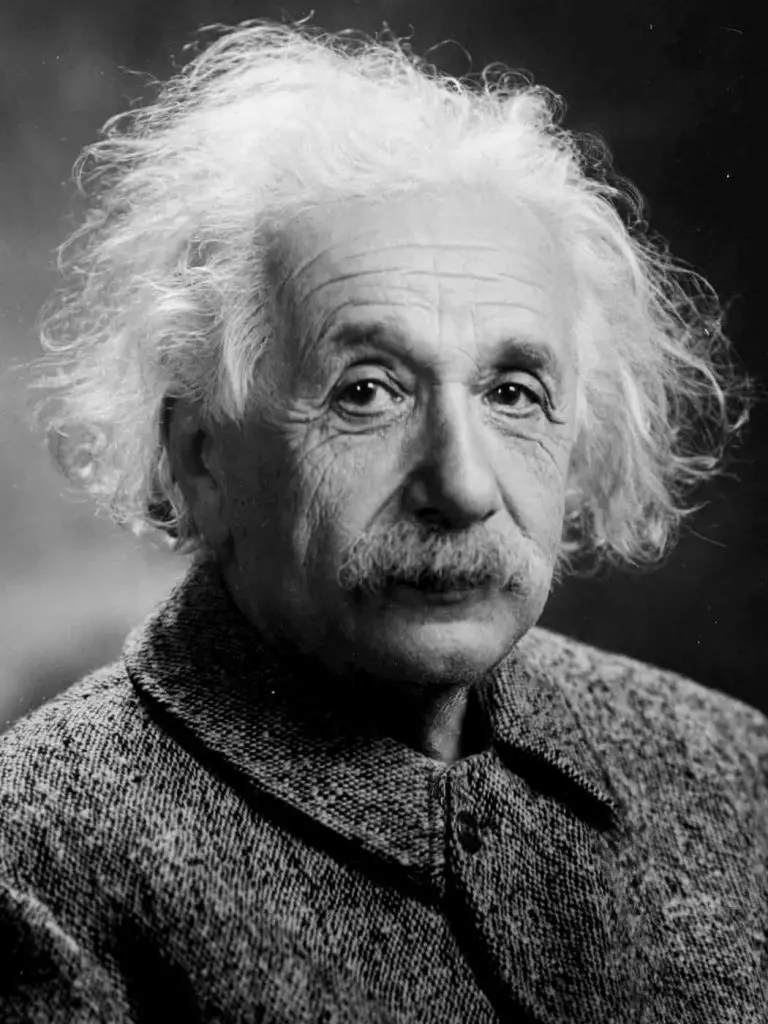
E=mc2 is wrong, or is it?
The E=mc² equation is the most famous ever, by the most famous of all physicists in the history of man. The combination is a bulls-eye of universal dimensions. It doesn’t get any better than that. If you know one, single equation or mathematical formula, it’s probably this one.
The E stands for energy (in Joules). the m and the c, are mass in (Kilograms) and the speed of light in a vacuum (in Meter/second). The idea of mass and energy as equal actually wasn’t Einstein’s, but what he did was to propose it as a general principle. And a principle that could be summed in a formula of extreme simplicity and promotional value. That’s awesome, and Einstein truly was a genius… But is it true? Is the equation that explains the fundamental rules of the universe, really that simple?
One very obvious application can be shown by just looking at the formula. If we put only 1 kg (2,2 lbs) into the equation, we would get an energy equivalent of 89.875.517.873.681.800 Joules. That is more than 1000 times the energy of the Atomic bomb that the US dropped over Hiroshima at the end of WW2.
Albert Einstein
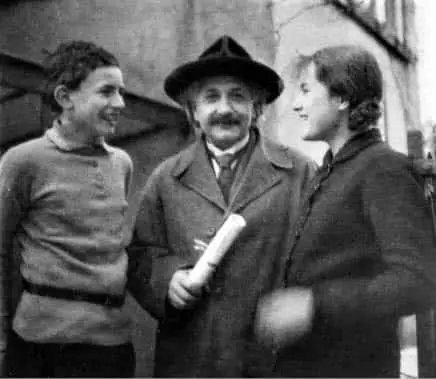
This simple formula, the meaning of E=mc2, was a game-changer in physics when it hit the science community in 1905. And it changed how science perceived the universe and ourselves in it forever. It also made Einstein a scientific superstar. He received the Nobel prize, but not until 1921, and not for his theories of relativity. More about that later.
The destructive applications of E=mc2
The example above demonstrates the destructive ability of his theories. The discovery of something that powerful that could be used as a weapon attracted the attention of many, especially politicians and militaries. Fortunately for us, the Nazis didn’t understand what they had within reach. In 1933 Einstein emigrated from Germany to the USA. Although he had many offers to come and lecture offers of scholarships, and employment from many European universities, he decided to stay in the US. He became an American citizen in 1940.
The German scientist didn’t participate in the making of the Bomb. But together with Leo Szilárd, a fellow scientist of Hungarian origin, he wrote a letter to President Roosevelt in 1939 warning him about the Germans trying to develop nuclear weapons. This letter is supposed to have had a decisive impact on the Americans beginning the development of an Atomic bomb., the so-called Manhattan Project.
First, he didn’t get the Nobel prize
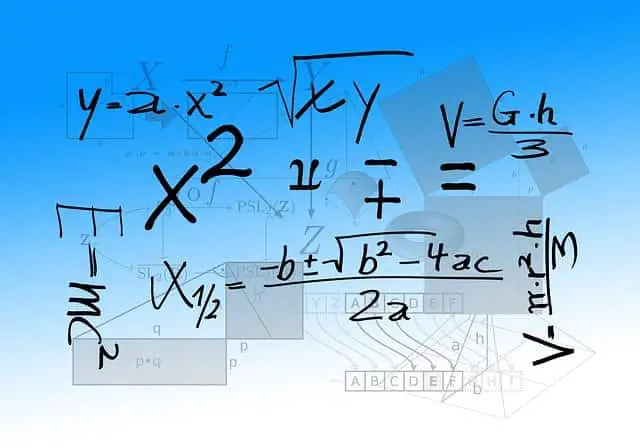
Einstein was nominated 60 times for the Nobel Prize from 1910 to 1922. His discoveries were at the time the most discussed and the most cataclysmic in the science world. Einstein was very well known among his colleagues but it wasn’t until 1919 that he became famous worldwide also among normal people.
In May 1919 there was a total solar eclipse, and measures made in Africa and South America showed the accuracy of Einstein’s theories. Already in 1905, Einstein’s annus mirabilis (amazing year), he had produced four groundbreaking articles, on the photoelectric effect, Brownian motion, special relativity, and the equivalence of mass and energy. Still, he hadn’t been awarded the Nobel prize.
The reasons for this were many…
- In 1905, Einstein was very young, 26 years, and the gentlemen in the Academy were mostly old. They were of the old school, conservative, and reactionary. Einstein’s ideas of a bending time-space could have been just a bit too revolutionary for their approval.
- The Testament of Alfred Nobel says that the prize should go to those who confer the greatest benefit on mankind. And the discoveries should be tested and verified. Einstein’s discoveries were all theories, with very little practical use. As the years passed, that argument would fail demonstrably.
- There was documented antisemitism from many of the members of the Science Academy. In 1905 the Hungarian scientist Philipp Lenard received the prize. Leonard joined the Academy that same year, and he sympathized with the racial ideologies of the time. He was a skeptic of the relativity theory and an enemy of Einstein. He later became a strong supporter of Hitler and the nazi-party.
…Then he got it. But not for E=mc2.
When Einstein finally got the prize he got it for his services to Theoretical Physics, and especially for his discovery of the law of the photoelectric effect. Not for the special theory of relativity and not for E=mc2.
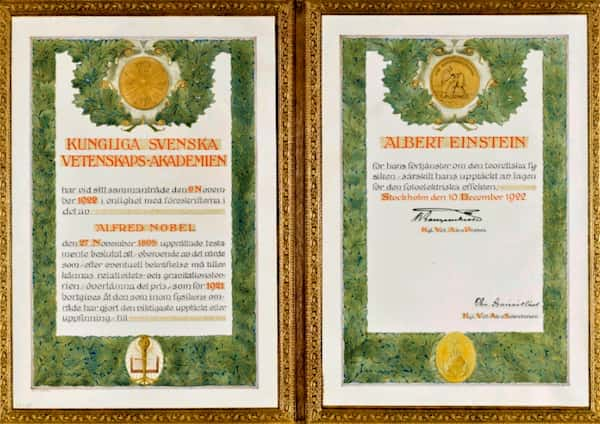
The NobelPrize Diploma of Einstein includes the following statement:
…independent of the value which, after eventual confirmation, may be attributed to the theory of gravity and relativity…
We do not know who put it there because it wasn’t the official standpoint of the Academy that the theories of relativity couldn’t be fully trusted. But it shows to what degree his findings were controversial. Even 17 years after he published them.
So, if E=mc2 is wrong, how do you explain nuclear power?
E=mc2 is wrong as a conclusive formula. But, it works perfectly well under certain conditions, in certain contexts. The bomb and the powerplants all work, no doubt about that. But if you want a more overall equation that covers more eventualities and is applicable in general circumstances, that would be this: E²=pc²+(mc²)²
Here the E is energy, m is mass, and c is the speed of light. The only new letter is p and that is momentum or the motion of the particle.
Now if the momentum is 0, the particle is NOT moving. Then we get this:
E²=0c²+(mc²)²
E²=0+(mc²)²
E²=(mc²)²
E=mc², and there is the same old formula, the most famous in the world.
Now let’s see what happens if the mass is 0… Wait, wait… Can something be without weight? (And this is probably one of the reasons why Einstein had to wait 17 years to get the Nobel prize. Stuff without mass was unimaginable for the old fossils of the Academy.) But yes, the photons, the particles that light is made up of, are regarded as mass-less. They have no weight.
E²=pc²+(0c²)²
E²=pc²+0
E²=pc²
E=pc
And this is the relationship between energy and the momentum of a photon, between energy and light.
Conclusion
The meaning of E=mc2 as the relationship between mass and energy is valid only if the particle has mass (… It’s not valid for light), and if the particle is not moving. In that case E=mc² is perfectly meaningful. In any other case it’s not.
But I am not a physicist. If you want to dive into the Mass Energy equivalent there are miles and miles of literature to cover. One start would be the excellent Wikipedia page. It’s complex but interesting. Or check out this Nasa-website about Einstein. Good luck!
So, E=mc2, even though it’s not completely wrong, it’s limited.
It’s wrong as a general formula… It is a special case. This makes it applicable only if speed is 0 and mass is not 0. It’s like saying “I can run faster than a train”. This is true, but only if the train is a very slow train… Slower than me. It’s a special case.
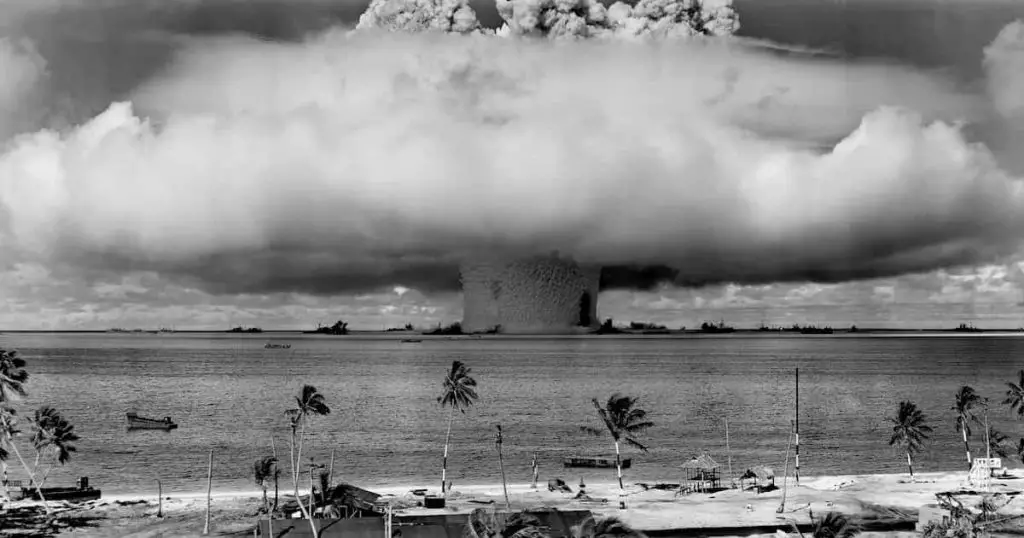
sources
The Guardian / Why Einstein never received a Nobel prize for relativity
Scientific American / Was Einstein the First to Invent E = mc2?